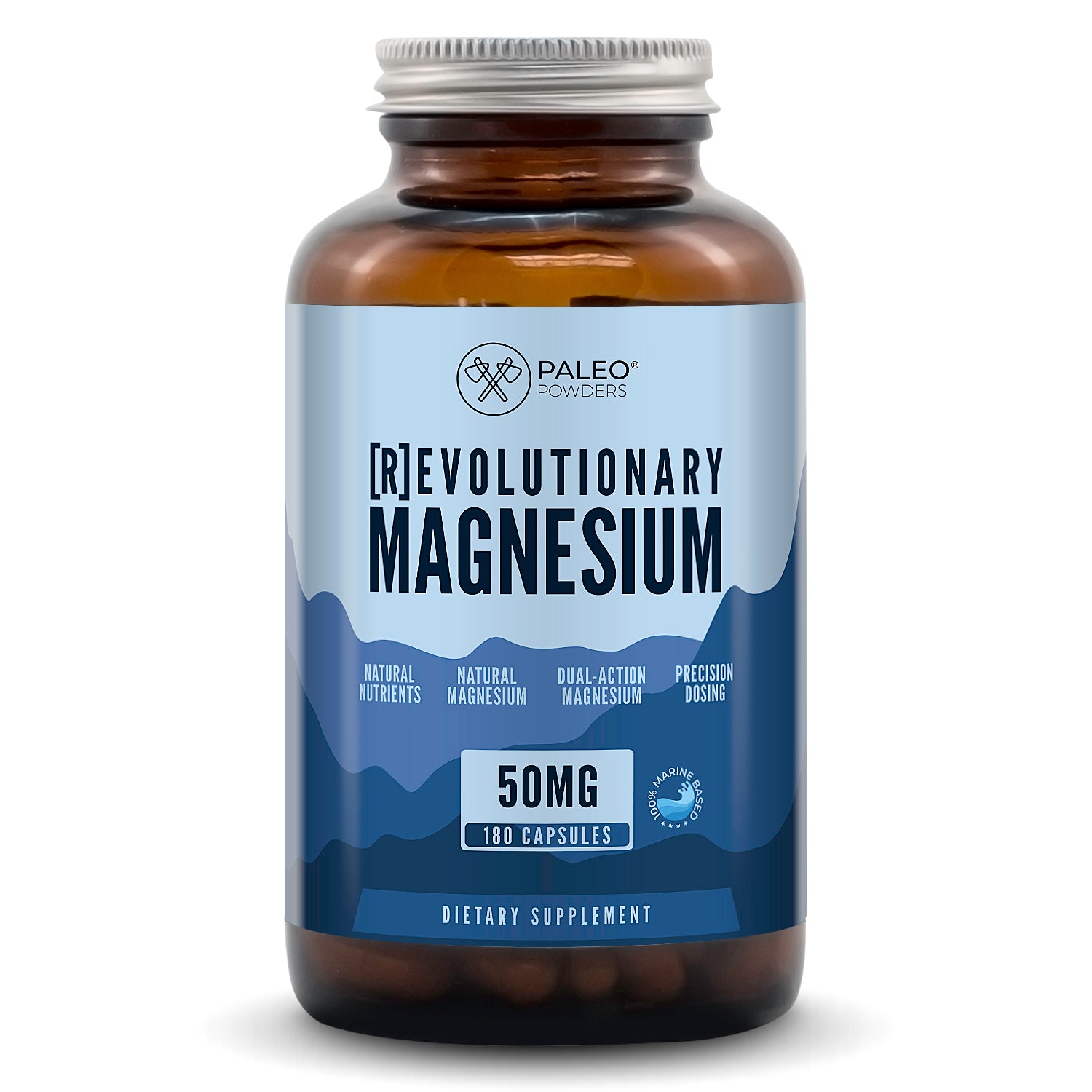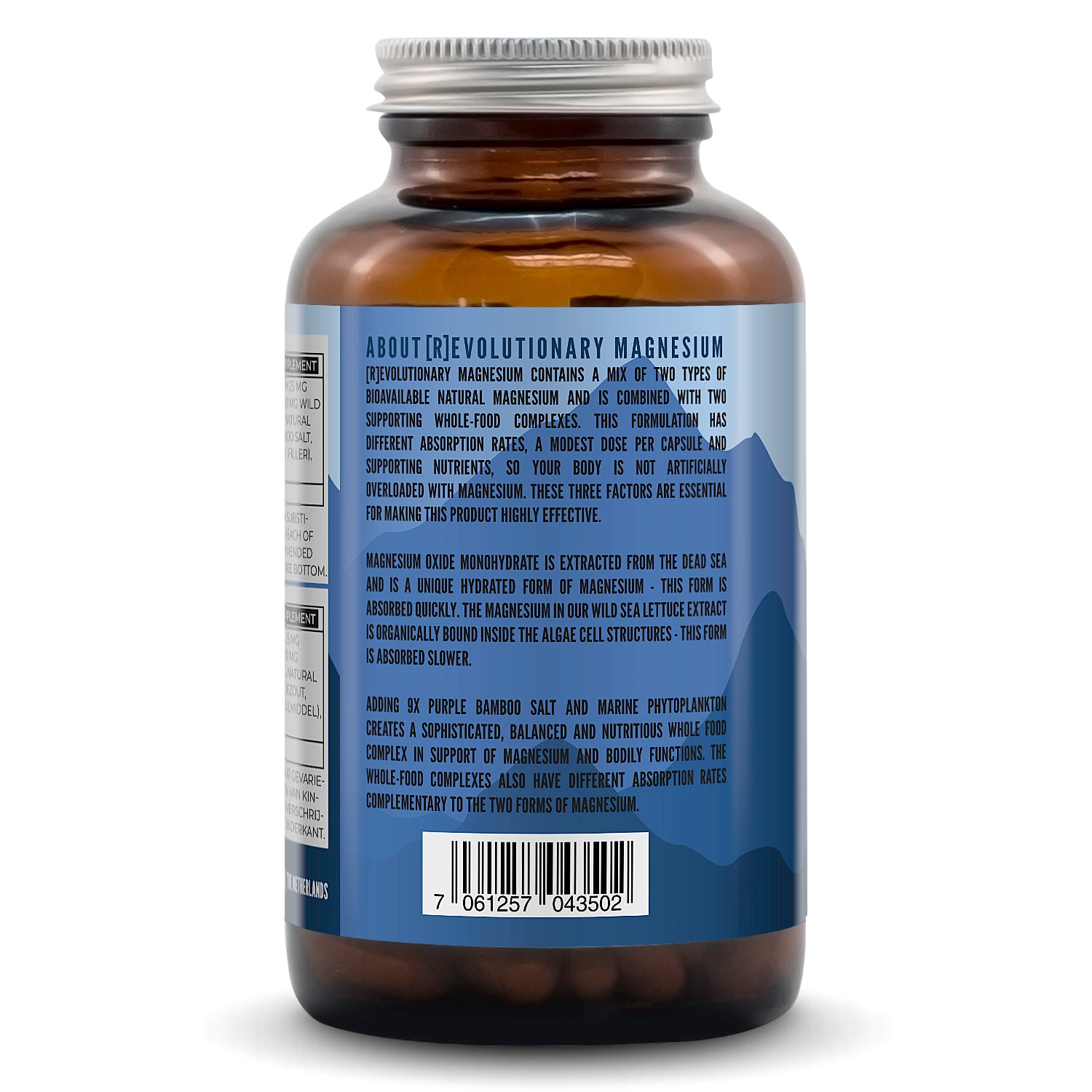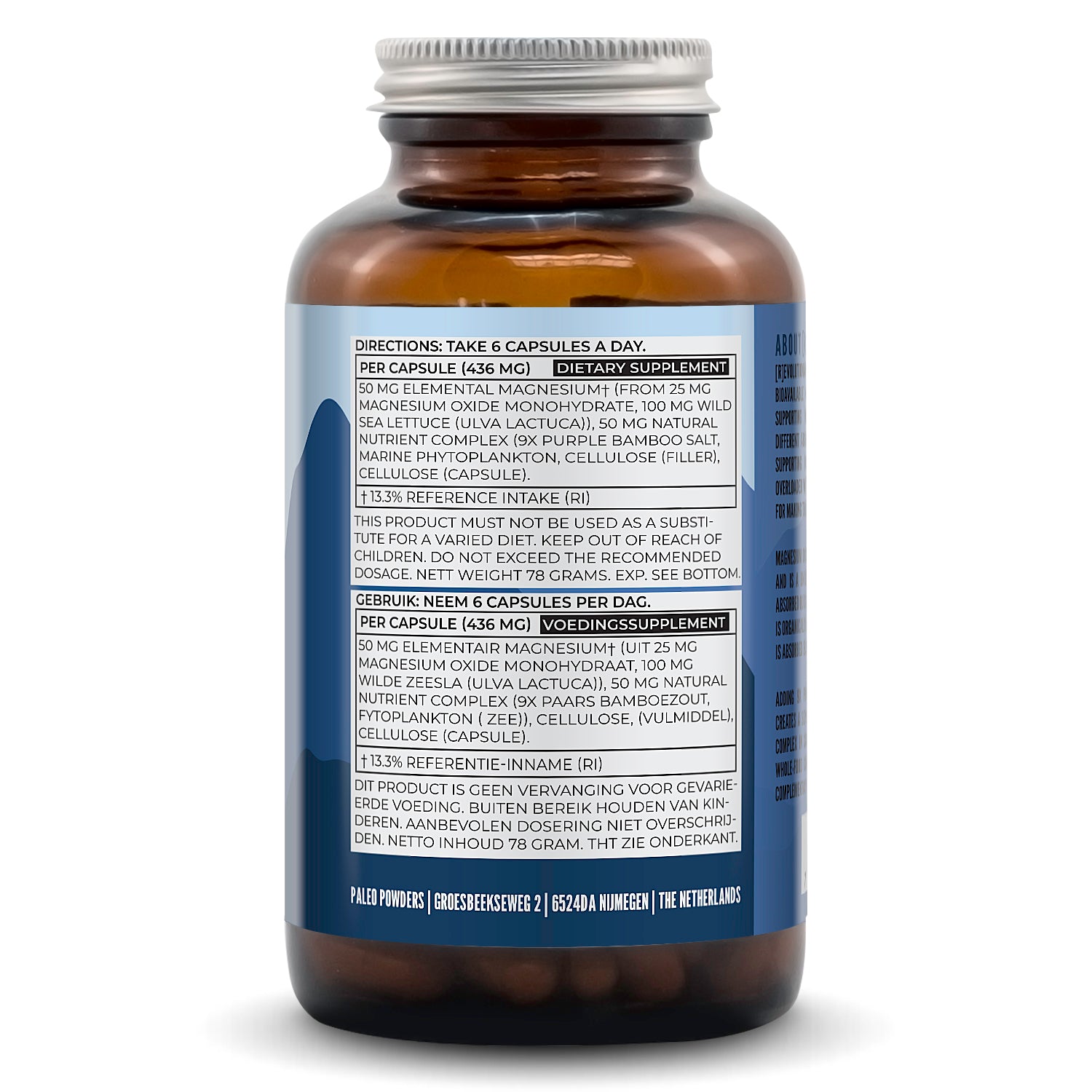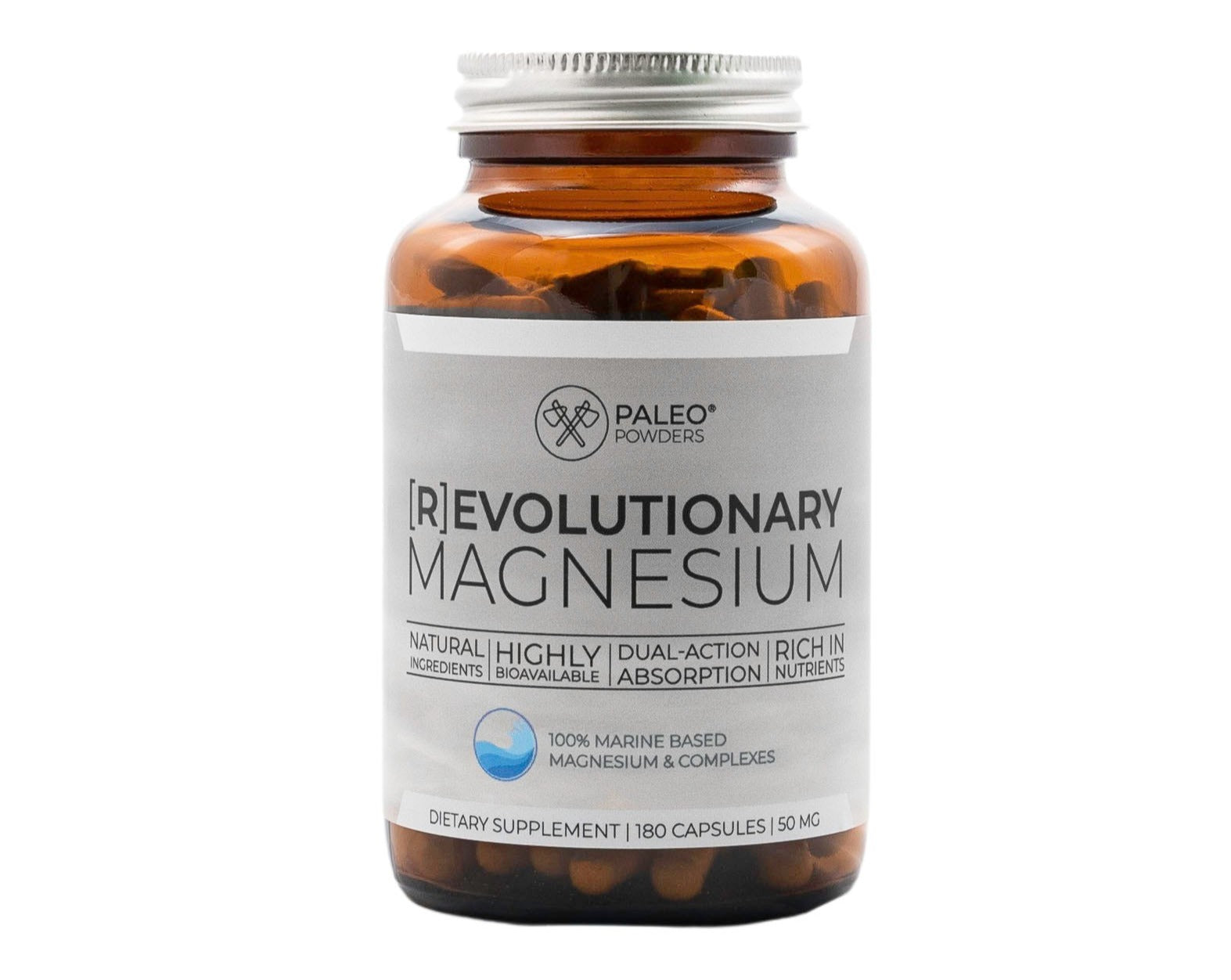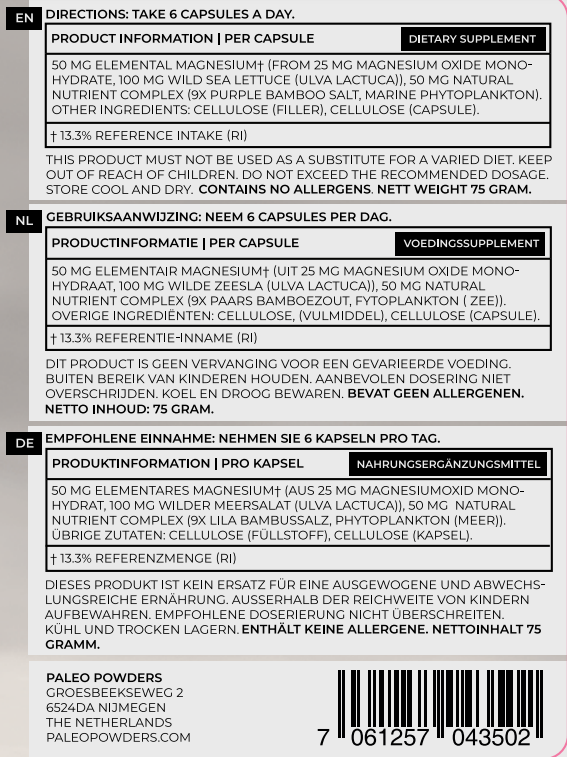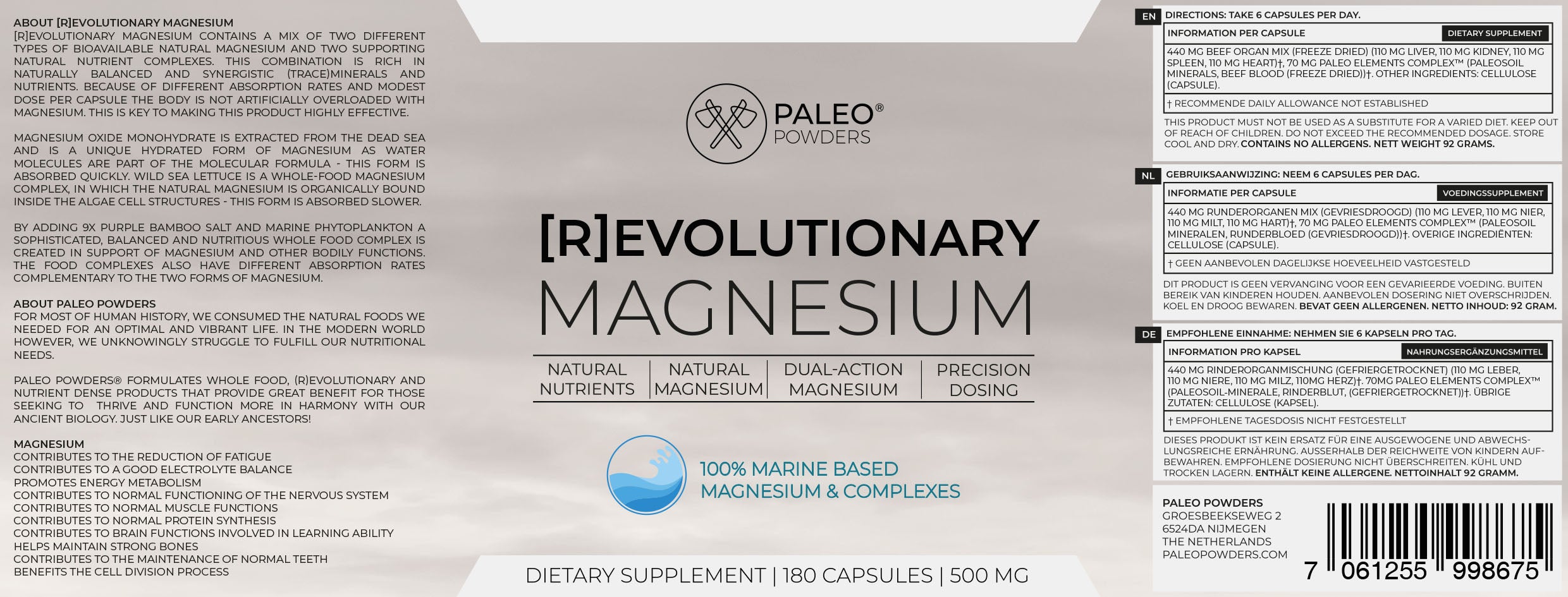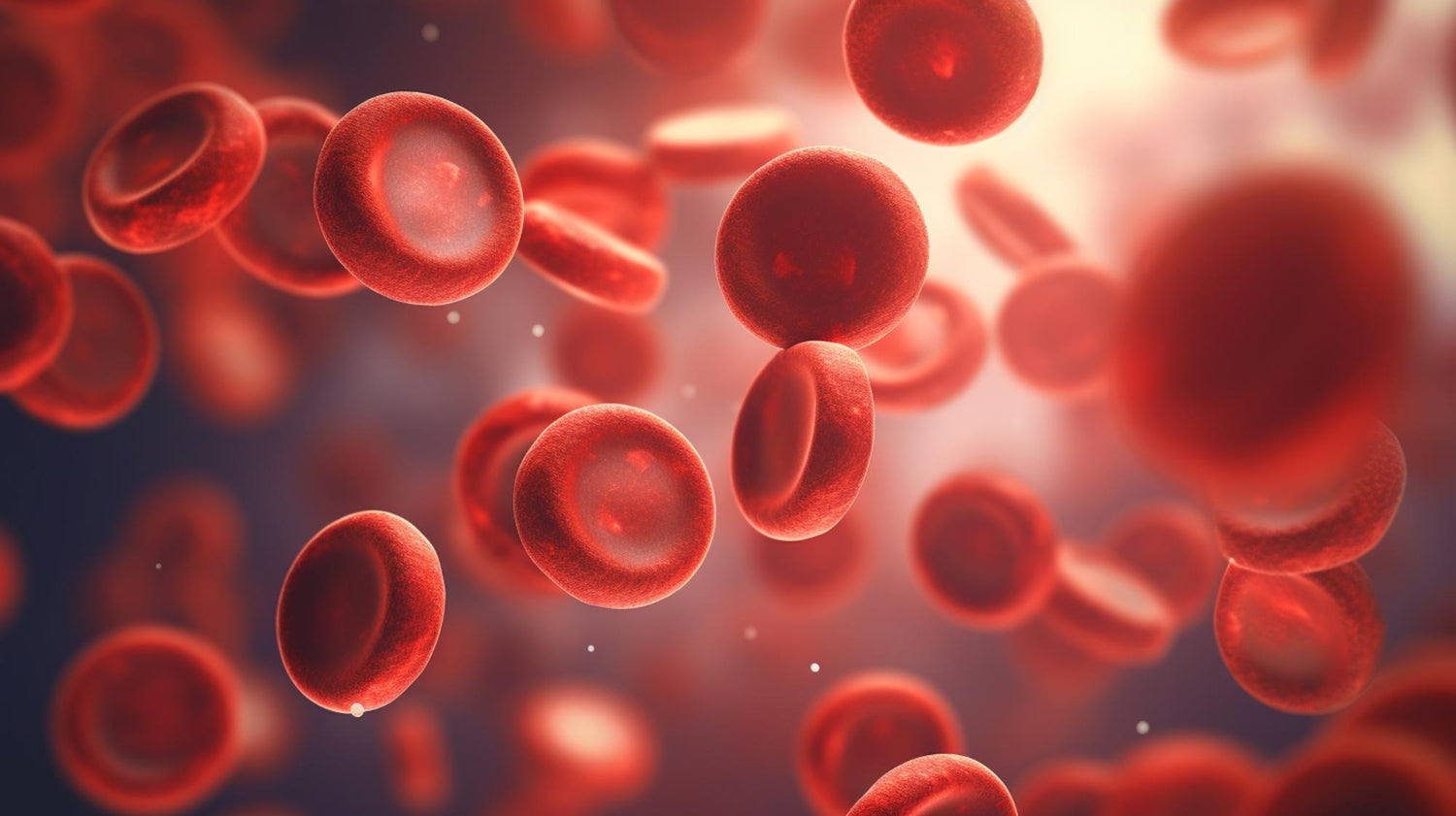Article: What are Wholefoods?

What are Wholefoods?
What are Wholefoods?
Wholefoods are foods that are minimally processed and retain their natural state as much as possible. They are free from added sugars, artificial ingredients, and chemical preservatives. Examples of wholefoods include vegetables, fruits, nuts, seeds, whole grains, and animal products like meat, fish, and eggs from naturally raised animals.
Why are Wholefoods Better Than Isolated Vitamins?
Wholefoods offer a wide range of nutrients that work together in their natural matrix. This contrasts with isolated vitamins, which contain only one specific nutrient. Here are some reasons why wholefoods are superior:
- Synergistic Effects: In wholefoods, vitamins, minerals, fiber, and phytonutrients work together. This synergy ensures better absorption and utilization of nutrients in the body.
- Bioavailability: Wholefoods contain nutrients in forms that the body better recognizes and absorbs. Isolated vitamins can sometimes be poorly absorbed and, in some cases, toxic in high doses.
- Nutrient Balance: Wholefoods offer a balanced mix of nutrients, helping to avoid deficiencies and excesses that can result from taking large amounts of isolated vitamins.
Different Forms of Wholefoods
Wholefoods come in various forms, each with its unique benefits:
- Fresh: Fresh fruits, vegetables, meat, and fish are the most natural form of wholefoods. They offer maximum nutritional value and flavor.
- Dried: Dried fruits, vegetables, and herbs retain many of their nutrients and are convenient for long-term storage and use.
- Fermented: Fermented foods like sauerkraut, kimchi, and kefir contain probiotics that support gut health and improve nutrient absorption.
- Frozen: Frozen wholefoods often retain their nutritional value and can be useful when fresh produce is not available.
The Role of Organ Supplements
Organ supplements are a special form of wholefoods that provide the nutrients and benefits of organs like liver, heart, and kidneys. They resonate strongly with the traditional diets of our ancestors, who often consumed the whole animal, including organs, for their high nutritional value.
- Nutrient Density: Organs are extremely nutritious, containing high concentrations of vitamins, minerals, and amino acids that are rare in muscle tissue.
- Bioavailability: The nutrients in organ supplements are often better absorbed than those in plant sources or synthetic supplements.
- Specificity: Each organ provides specific nutrients beneficial for the corresponding organs in the human body. For example, liver is rich in vitamin A and B12, essential for liver health and blood formation.
Why Beef Liver is the Best Source of Wholefood
Beef liver is often considered one of the most nutritious foods in the world, offering numerous health benefits:
- Rich in Vitamins: Beef liver is an excellent source of vitamins A, B12, and folate. Vitamin A supports the immune system, skin, and eye health, while B12 is crucial for red blood cell formation and brain function.
- Minerals: It also contains high amounts of iron, copper, zinc, and selenium. Iron is vital for oxygen transport in the blood, and zinc plays a role in immune function and wound healing.
- Proteins: Beef liver provides high-quality proteins essential for muscle building and repair.
- Antioxidants: It contains powerful antioxidants like CoQ10, which help combat oxidative stress and support heart health.
Evolutionary Diet and Quantum Biology
Our ancestors consumed wholefoods exclusively for thousands of years, aligning with our genetic and biological needs. This hunter-gatherer diet provided all necessary nutrients in their most natural form. These dietary habits have shaped our genome, and our bodies still resonate strongly with these forms of nutrition.
Quantum biology suggests that our cells operate on an energetic level that is highly influenced by the quality of the nutrients we consume. Wholefoods, in their complex and natural matrix, offer an energy that our cells recognize and utilize optimally, leading to better health and well-being.
Conclusion
Consuming wholefoods is crucial for maintaining good health. They offer a synergistic mix of nutrients that our bodies can optimally utilize. Organ supplements, particularly beef liver, are a powerful form of wholefood, providing us with concentrated and highly bioavailable nutrients. By returning to a diet similar to that of our ancestors, we can improve our health and well-being on a fundamental level.


